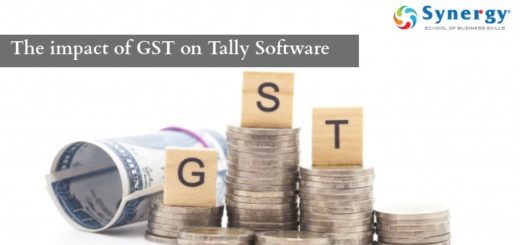PMP
You’ve moved up through the IT ranks over the years. You’ve seen projects that made it and projects that failed. In your journey you’ve become an IT manager. Even though you’re battle-tested, now may be the right time to formalize your experience with a certification.
For managers involved in initiating, planning, or running a project, the Project Management Professional (PMP) certification from the Project Management Institute (PMI) may be the right cert to pursue. In the IT field, the PMP may be right for managers who are heavily involved in areas such as software engineering or network design IT projects. The PMP certification demonstrates that a project manager (PM) understands the fundamentals of project management and can put them into practice.
Strong motivations
What’s the point of getting a certification when your career is already firmly established? While certifications aren’t everything, they might make your name stand out in a stack of resumes. That’s what prompted Tony Johnson, a veteran PM, to obtain his PMP certification.
Johnson said when he was looking for a new job, he noticed that many open positions preferred or required applicants with a PMP certification. He went after the certification to become a stronger candidate. “I felt that…with all things being equal…having the certification would be a key differentiator,” said Johnson, a project director with WorkPlace Technologies, a division of real estate solutions company WorkPlaceUSA.
Don’t miss the other two PMP articles
This is the third and final article in a series of articles about the PMP certification. Read the first two articles for more information about the PMP:
Article one: “A look at the Project Management Professional certification”
Article two: “Getting a Project Management Professional into your shop”
Of course, the PMP certification is good for more than just landing a job. Johnson listed two more reasons for earning the certification in the middle of his career. First, many organizations have their own project management style. “Over the years, you tend to develop your own style and preferences, which may mean you have both good and bad habits. Certification reinforces the good stuff and provides standards and structure to change the bad habits,” he said.
Second, Johnson said, the PMI’s project management standards provide a solid base that makes it easier to introduce changes to internal methods and processes.
One of the plusses of pursuing the certification in midcareer was that Johnson’s experience made studying for the PMP easier. “I did not have to revisit areas I was comfortable with, and only had to concentrate on learning the way PMI describes the processes, [the] PMI terminology, and brush up on the areas requiring calculations,” he said.
Good for forward-facing organizations
The PMP certification is good for managers, but it’s also good for employers. Johnson’s supervisor, Don Altwein, said having the PMP makes Johnson a more valuable employee. Altwein’s organization, WorkPlace Project Management, another division of WorkPlaceUSA, is a service company, so having PMPs on staff can help attract business.
Johnson added that having a PMP shows customers that “we take…project management seriously enough to invest time in developing and maintaining our knowledge of the discipline.”
Continuing education
Your PMP experience doesn’t end when you become certified. To keep your certification, you must complete 60 hours of the PMI’s Professional Development Units (PDUs) within three years. If you don’t keep current, you have to re-apply, be found eligible to take the test, pay the $555 test fee, and pass the test again to be re-certified.
The PMI offers several ways to earn PDUs. Many cities have PMI chapters that hold monthly meetings that feature a speaker or project management-related function. Each meeting counts as one PDU hour. You can also earn PDUs by:
- Attending PMI seminars and symposiums.
- Writing a paper and delivering it at a seminar or a symposium.
- Participating in your local PMI chapter.
- Serving on a chapter committee.
- Serving as a board member for the PMI.
Shari Stern, a PMP and a member of the PMI’s Certification Board Center, said PDUs are a way for PMPs to stay on top of project management trends and make contacts with other PMPs.
Conclusion
Even in mid-career, managers in certain areas of the IT field can benefit from attaining a PMP certification. The PMP demonstrates your project-management expertise, helps correct bad habits you’ve picked up over the years, and makes you both a more valuable employee and a more tempting job candidate.





